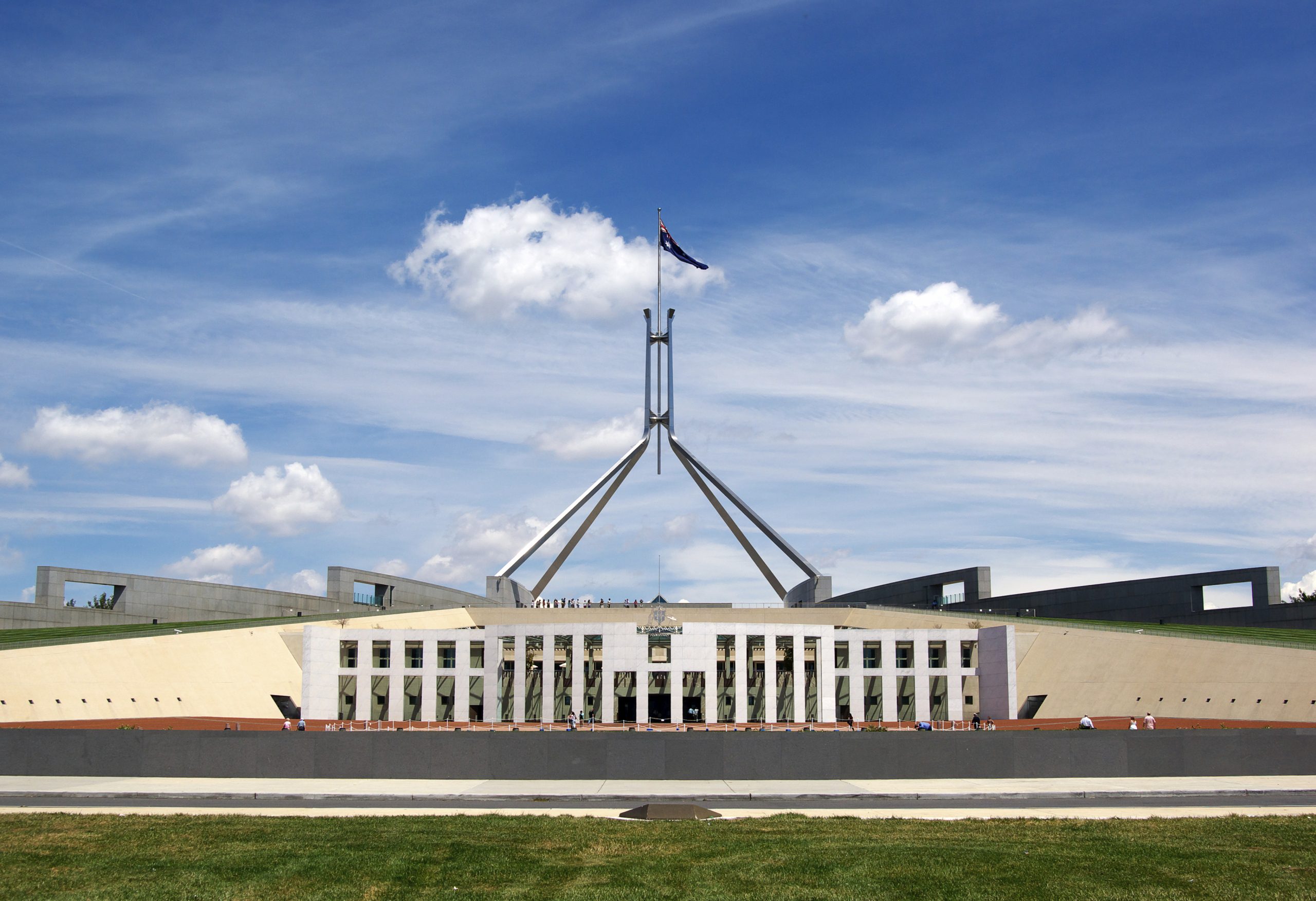Government Lobbying: Complex Question of ‘Who’ added to ‘How’ and ‘When’?
One month after the Federal election, Australia finally has an outcome but we are still waiting for the final result.
Although two seats still remain in contention – the House of Representatives seat of Fairfax in Brisbane, which Clive Palmer (the Palmer United Party – PUP) leads by a margin of seven (7) votes and the Senate seat of Western Australia on which a recount was requested by Greens and Australian Sports Party.
Overall, these two seats do not mean much to the final result. The Coalition was returned to government by a substantial margin over the Labor Party.
The Liberal/National Coalition will hold around 90 seats and Labor 55, with the addition of the Katter’s Australia Party (Bob Katter) and the potential for the introduction of billionaire Clive Palmer. The Greens hold the other seat in the 150 seat House of Representatives.
However, it is in the Senate that the democratic voting process can be sen at its worst.
It had the biggest ballot paper in recent history, more than a metre long, containing 529 candidates and more than 20 different parties. They ranged from the Australian Motoring Enthusiasts Party (AME) to the Bank Reform Party, the Drug Law Reform Party, the Help End Marijuana Party, the Pirate Party, the Sex Party and the Wikileaks Party.
The most surprising outcome was that the AME candidate won a seat in the Senate for Victoria on less than half a per cent of the vote in the State.
The previously unheard of micro party now appears to be in disarray with the party’s head office in Brisbane sacking the Victorian branch administration. However, after a prolonged absence from the scene, their Senator-elect Ricky Muir surfaced last week in a group embrace with Clive Palmer’s PUP Senators elect and the big man himself. The Memorandum of Understanding they announced has now created a strong voting block of four, most likely on the conservative side of the upper house.
Although the new Senate does not come into operation until July of next year, the Senate election system is certain to come under review before the next election in 2016 or before. More importantly, the composition of the Senate means that the Coalition will not have absolute power in the Upper House.
Any business or organisation seeking to deal with government on any issue needs to take into consideration 10 parties overall, including the major parties – Liberal, Labor and National – as well as parties such as PUP and AME. It is a political environment in which interests will vary and/or coalesce very much on an issue–by-issue basis.
Lobbying government has never been as complicated or difficult, making it essential to engage people who understand the parliamentary processes, as much as policies and the politicians themselves.
ICG offers clients over 30 years of state and Federal Government lobbying experience at a time when such experience will play a large part in the success or failure of lobbying campaigns.
RM

